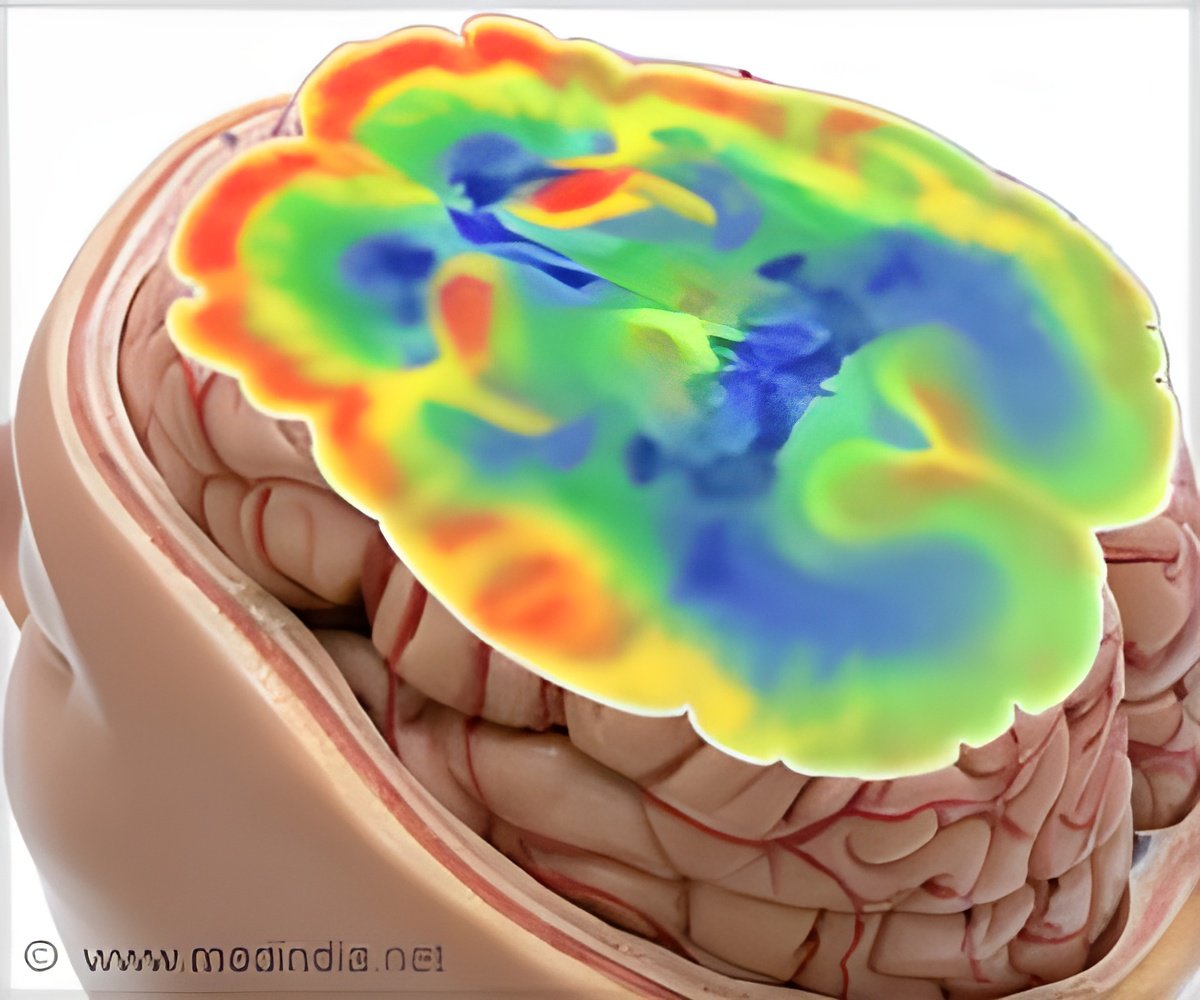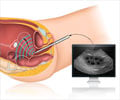Focused ultrasound is a reliable and efficient method to target and open spaces of the blood-brain barrier, possibly allowing for new treatment approaches to Alzheimer's disease./

‘As safety is further clarified, the next step would be to use this approach to help deliver clinical drugs.’
Read More..




Studies on animals have shown that pulses of low-intensity focused ultrasound (LIFU) delivered under MRI guidance can reversibly open this barrier and allow for targeted drug and stem-cell delivery.Read More..
Researchers at three sites have been studying LIFU in humans for more than a year in a clinical trial led by Ali Rezai, M.D., director of the West Virginia University (WVU) Rockefeller Neuroscience Institute in Morgantown, W.Va.
For the new study, researchers delivered LIFU to specific sites in the brain critical to memory in three women, ages 61, 72, and 73, with early-stage Alzheimer's disease and evidence of amyloid plaques--abnormal clumps of protein in the brain that are linked with Alzheimer's disease. The patients received three successive treatments at two-week intervals. Researchers tracked them for bleeding, infection, and edema, or fluid buildup.
Post-treatment brain MRI confirmed that the blood-brain barrier opened within the target areas immediately after treatment. Closure of the barrier was observed at each target within 24 hours.
"The results are promising," said study co-author Rashi Mehta, M.D., associate professor at WVU and research scholar at West Virginia Clinical and Translational Science Institute. "We were able to open the blood-brain barrier in a very precise manner and document closure of the barrier within 24 hours. The technique was reproduced successfully in the patients, with no adverse effects."
Advertisement
"The helmet transducer delivers focal energy to specified locations in the brain," Dr. Mehta said. "Oscillation of the microbubbles causes mechanical effects on the capillaries in the target area, resulting in a transient loosening of the blood-brain barrier."
Advertisement
While the research so far has focused on the technique's safety, in the future, the researchers intend to study LIFU's therapeutic effects. "We'd like to treat more patients and study the long-term effects to see if there are improvements in memory and symptoms associated with Alzheimer's disease," Dr. Mehta said. "As safety is further clarified, the next step would be to use this approach to help deliver clinical drugs."
Source-Eurekalert















